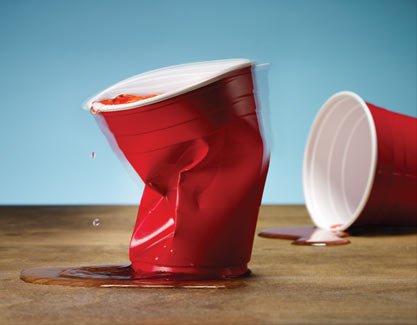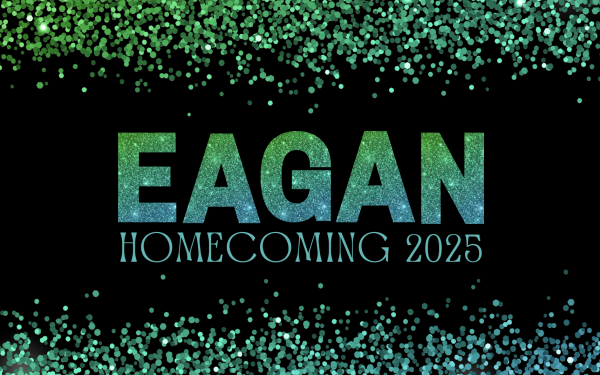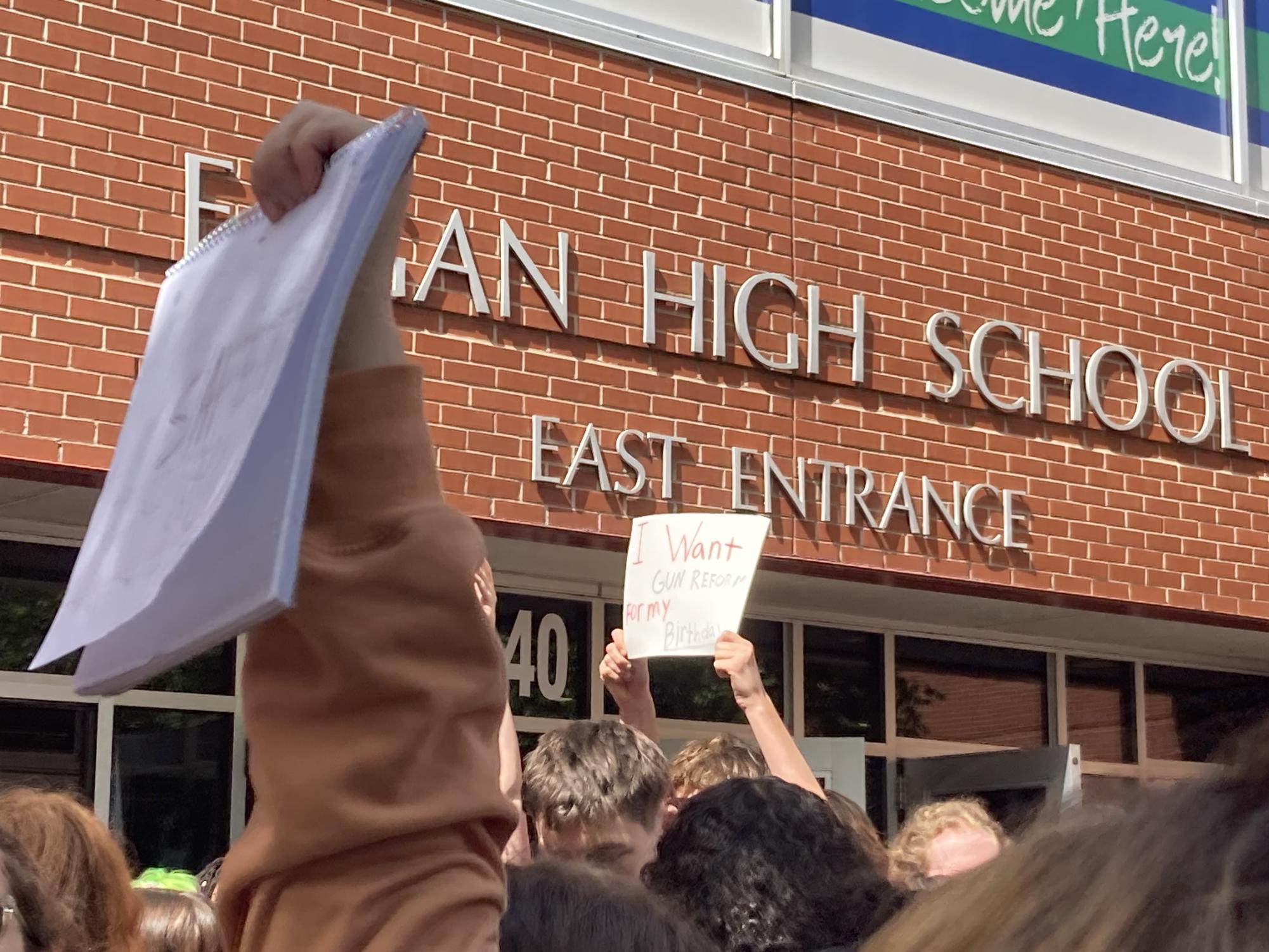It’s a ‘Minor’ Issue
November 3, 2014
Eagan High School is abuzz with talk of underage drinking. Although the athletic consequences for the students punished for underage drinking are quite often talked about, the students with no sport affiliation have their own consequences as well. There is a process that all students who have received a minor must undergo.
Jolaine Haider of the counseling office explains that in all students’ cases, their tickets are forwarded to the counselors. Once shown the minors, the counseling office schedules a forty-five minute meeting with the offender.
“We [The counseling office] have them do a student interview where we talk about how their life is going, what’s going well, things they’d like to change,” Haider says. “We kind of chat about their goals, about their families, if there’s any history of chemical use or abuse.”
After going through those topics, the student and their counselor will talk about the actual incident in complete confidence.
Once the episode has been discussed, the student takes a Personal Experience Screening Questionnaire (PESQ), which is completely voluntary. The students who are willing to take the PESQ give them to the counselors, who are authorized to tell the parents or guardians of the results depending on the severity. The counselors do not give out specific information to parents, but do give general recommendations about their issues and where to go from there.
“It gives us an idea as to their problems’ severity, how often they’re using, if they have defensiveness about it,”Haider continues. “We realize students tend to experiment in high school. We use this as an opportunity to talk with them about whether this [underage drinking] is in a normal range or if it’s something outside of it; if they should consider getting more support, education or treatment of some sort.”
The entire experiment is confidential; no teachers or faculty members are told. After the information is given to the counseling office it is actually shredded. Colleges, however, do ask and are given information about whether or not a student has been convicted of crimes, though no details are disclosed.
“It is something that could come back to haunt them,” Haider warns. “You never know; even if you’re being safe or smart about it, it’s just not a good idea.”
Lastly, the counseling office realizes that high school students can make mistakes. Although sometimes students can make bad choices, this does not make them a bad person.






